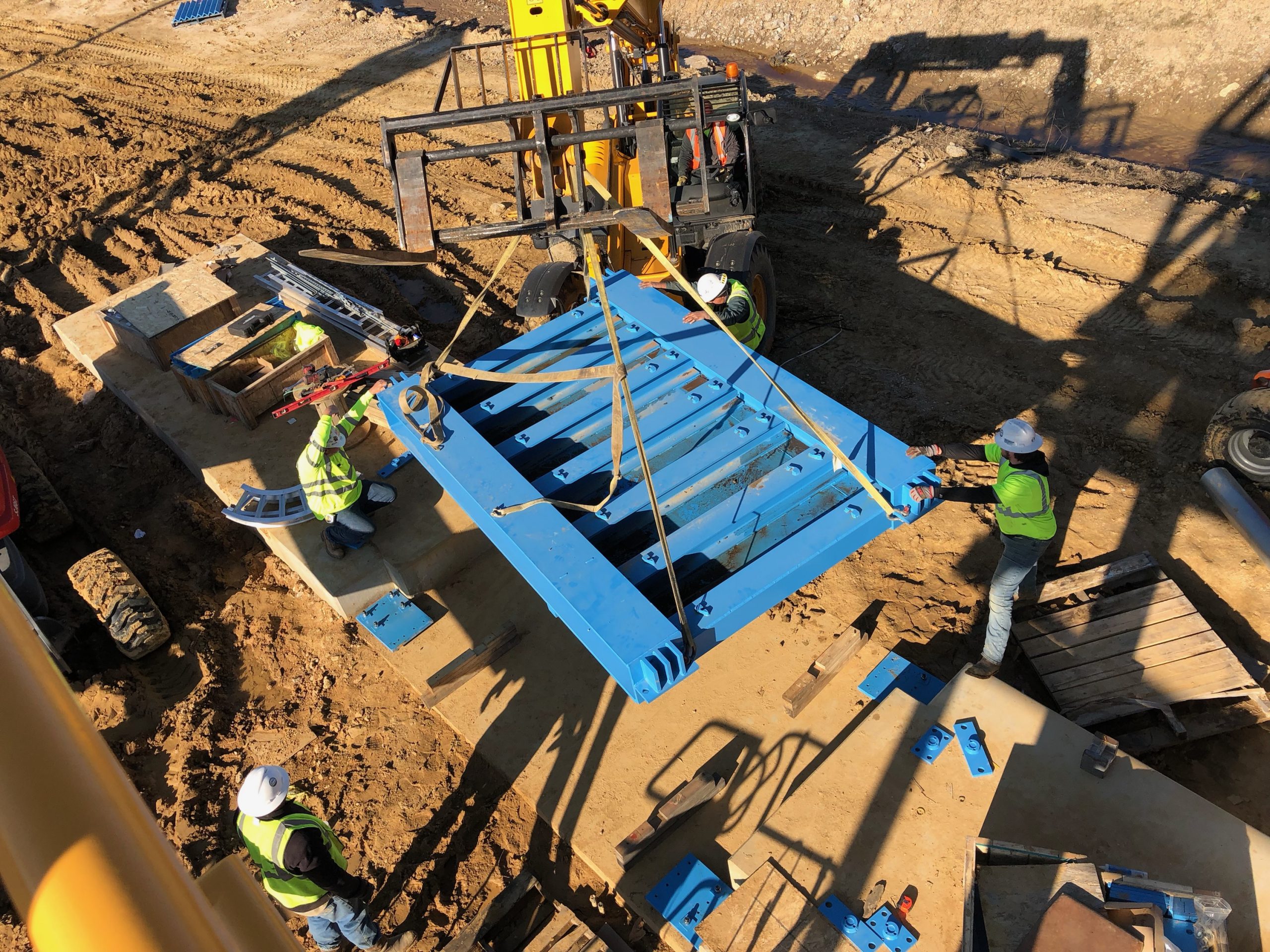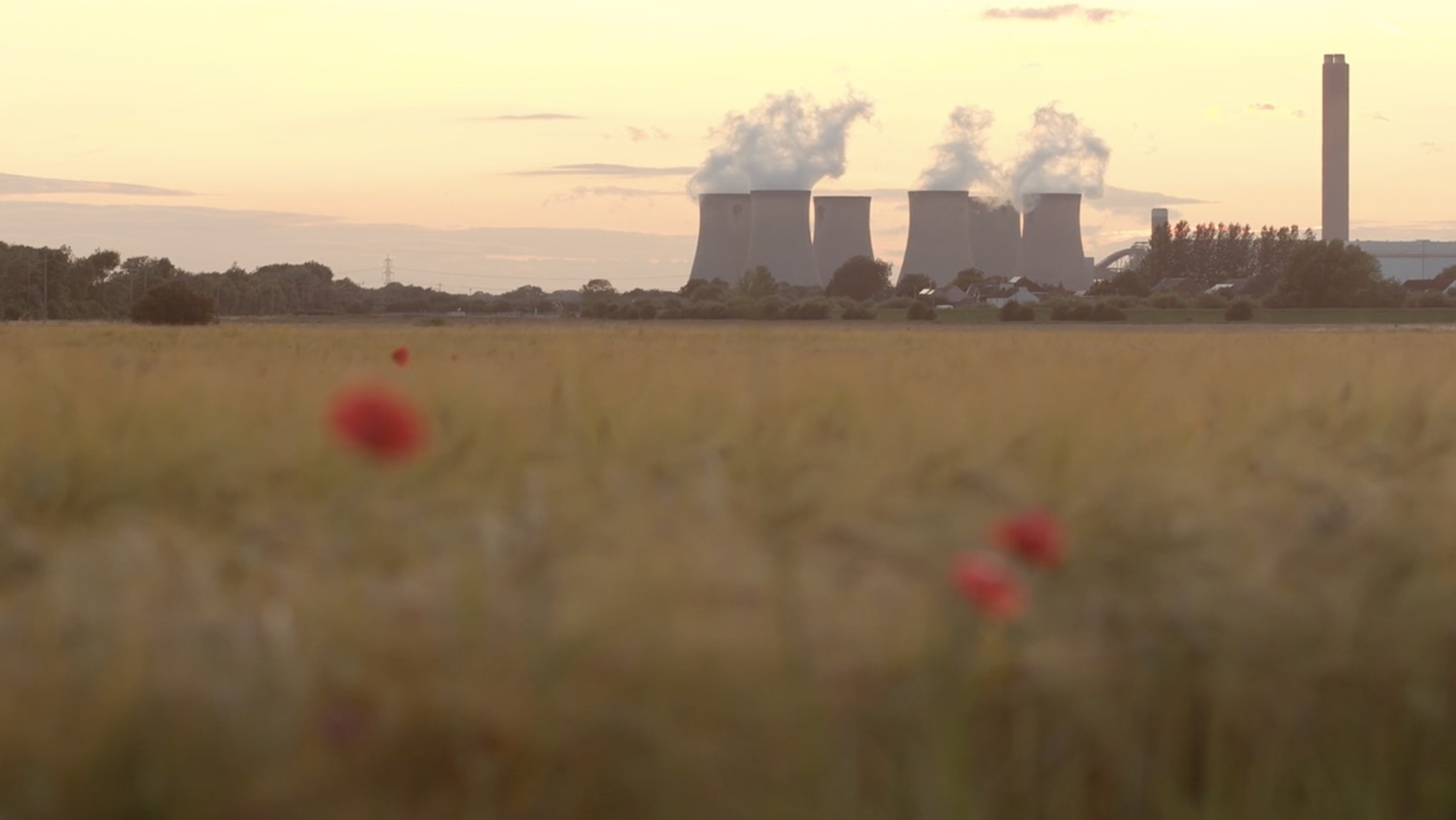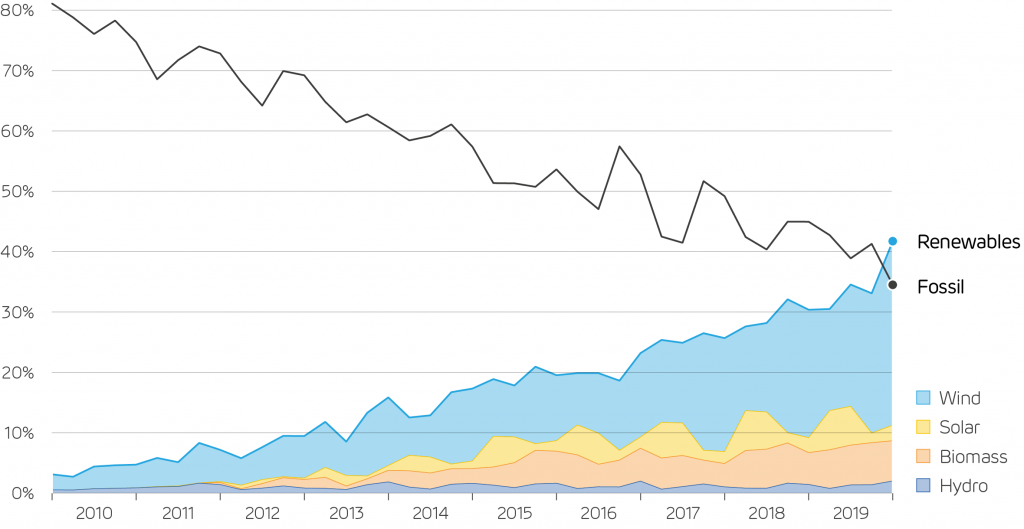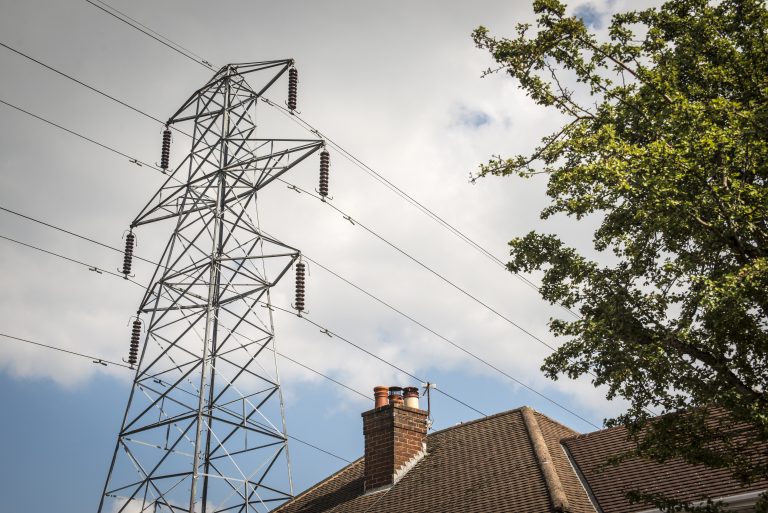
The Lanark hydro scheme, which comprises both Stonebyres and Bonnington power stations, was the first large-scale hydroelectric scheme in Britain when it was completed in 1927 – producing enough electricity for around 17,000 homes.
Using the plentiful supply of water from the River Clyde to spin the power stations’ turbines, the hydro scheme can operate almost continuously throughout the year to provide a reliable and sustainable source of renewable electricity.

Senior civil engineer, Anne Kerr, and Head of Hydro, Ian Kinnaird, view the station from a bridge over the river Clyde.
The refurbishment of the power station was a complex task due to Stonebyres being a category A listed building – the highest possible grading, as a result of it being designated as a site of national architectural importance.
The restoration of the historic site was led by Drax Group senior civil engineer Anne Kerr.
“Restoring Stonebyres has been a labour of love for my team,” she explained.
“It was a complex and challenging project, involving a great deal of care to protect the station’s many original features. It has been a real privilege to not only safeguard Stonebyres’ history but to play a part in its future too.”
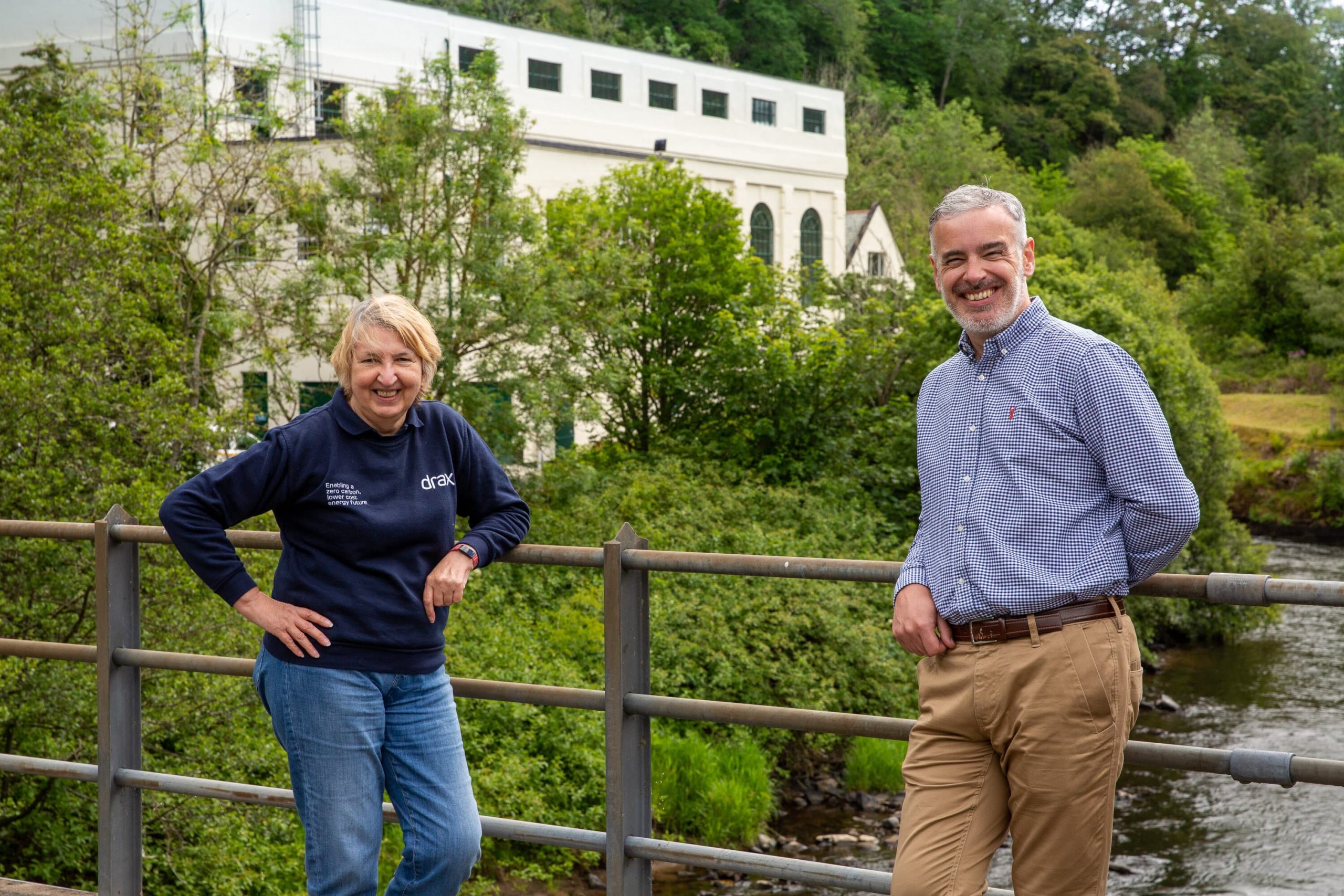
Anne Kerr and Ian Kinnaird in front of the newly refurbished power station.
As part of the project, every original pane of glass and window frame in the building was painstakingly replaced using stronger, modern materials, but which retain the station’s original design. The power station’s exterior received a new concrete coating as well as a coat of mineral-based paint to protect the integrity of the building for decades to come.
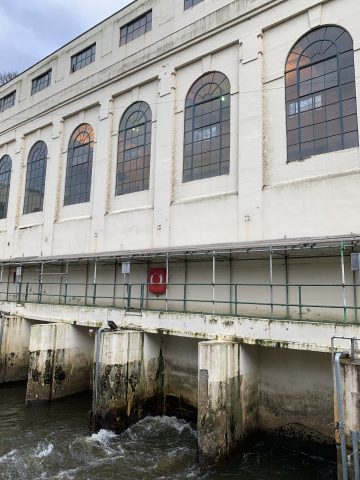
The £1.1m refurbishment has transformed Stonebyres.
Ian Kinnaird, Drax’s Head of Hydro, said:
“Stonebyres Power Station has been producing reliable, renewable electricity for almost a century, and this major refurbishment will ensure it continues to do so for many years to come.
“Since the refurbishment, the station looks almost brand new – you would be forgiven for not realising it has been generating electricity for the area since 1927. Scotland has a long and proud history of hydroelectricity, and with this project Drax is ensuring these power stations play an important part in securing a net zero carbon future for our country.”
Drax acquired the Lanark hydro scheme alongside the Galloway hydro scheme and the Cruachan pumped-hydro storage facility in Argyll in January 2019, helping to make the company a leading provider of flexible, low carbon and renewable power generation.

An artist’s drawing of the site pre-refurbishment
Top image Caption: Stonebyres Power Station has been restored to its original design.
ENDS
Media contacts:
Aidan Kerr
Drax Group Media Manager
E: [email protected]
T: 07849090368
Editor’s Notes
- Prior to work starting at Stonebyres power station, it was scaffolded and wrapped in plastic to protect the building while the work was completed.
- The replacement steel windows have been individually fabricated and fitted whilst the old paint on the outside of the building was removed using grit blasting before being washed down. A survey then identified areas for repair and all loose and damaged concrete was removed.
- The paint used in the project is mineral based, and chemically bonds with the concrete to allow water to evaporate from the concrete.
About Drax
Drax Group’s purpose is to enable a zero carbon, lower cost energy future and in 2019 announced a world-leading ambition to be carbon negative by 2030.
Its 2,900-strong employees operate across three principal areas of activity – electricity generation, electricity sales to business customers and compressed wood pellet production.
Power generation:
Drax owns and operates a portfolio of flexible, low carbon and renewable electricity generation assets across Britain. The assets include the UK’s largest power station, based at Selby, North Yorkshire, which supplies five percent of the country’s electricity needs.
Having converted two thirds of Drax Power Station to use sustainable biomass instead of coal it has become the UK’s biggest renewable power generator and the largest decarbonisation project in Europe.
Its pumped storage, hydro and energy from waste assets in Scotland include Cruachan Power Station – a flexible pumped storage facility within the hollowed-out mountain Ben Cruachan. It also owns and operates four gas power stations in England.
Customers:
Through its two B2B energy supply brands, Haven Power and Opus Energy, Drax supplies energy to 250,000 businesses across England, Scotland and Wales.
Pellet production:
Drax owns and operates three pellet mills in the US South which manufacture compressed wood pellets (biomass) produced from sustainably managed working forests. These pellet mills supply around 20% of the biomass used by Drax Power Station in North Yorkshire to generate flexible, renewable power for the UK’s homes and businesses.
For more information visit www.drax.com/uk




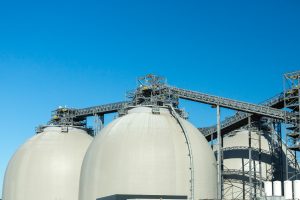


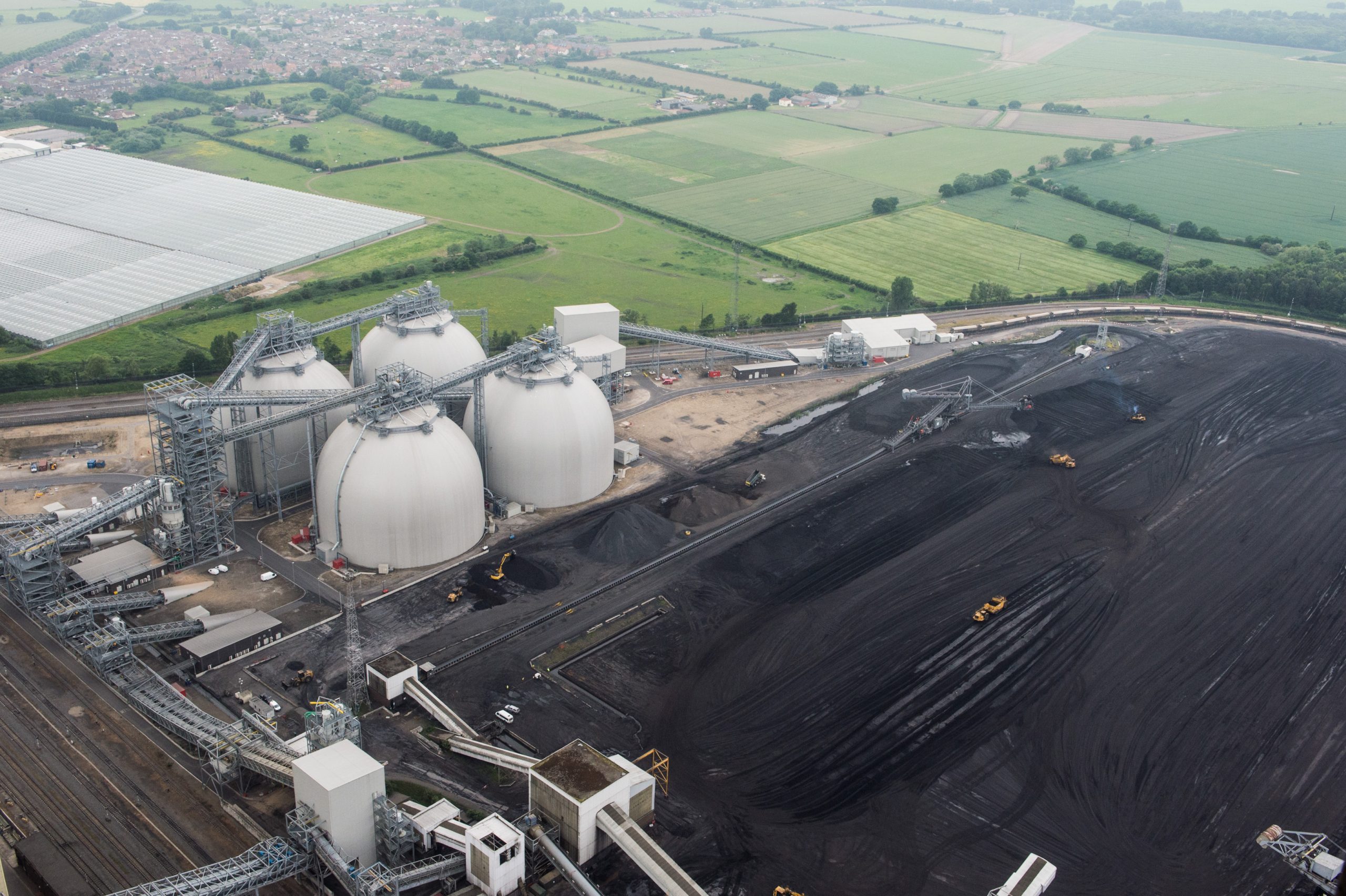
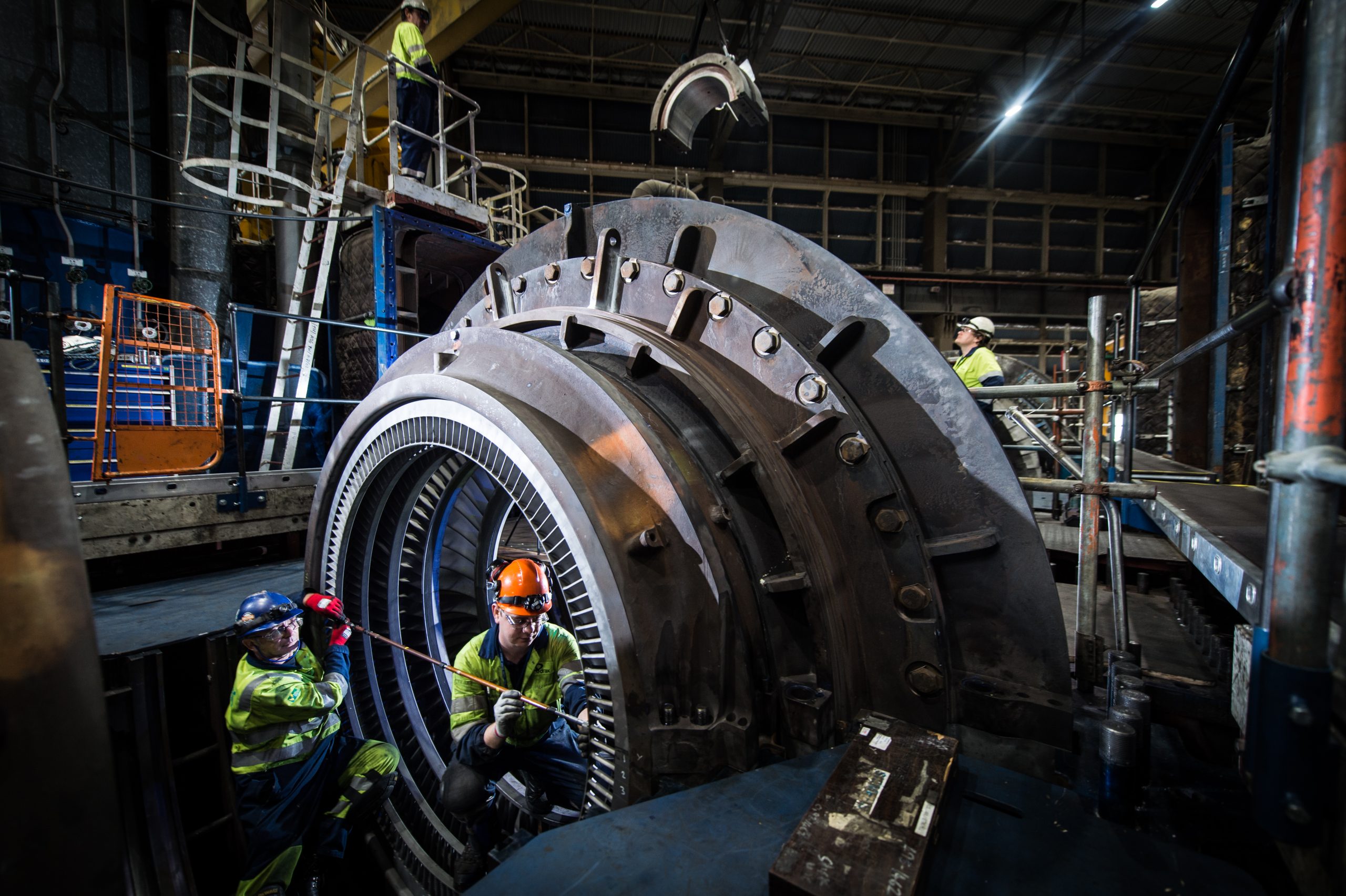
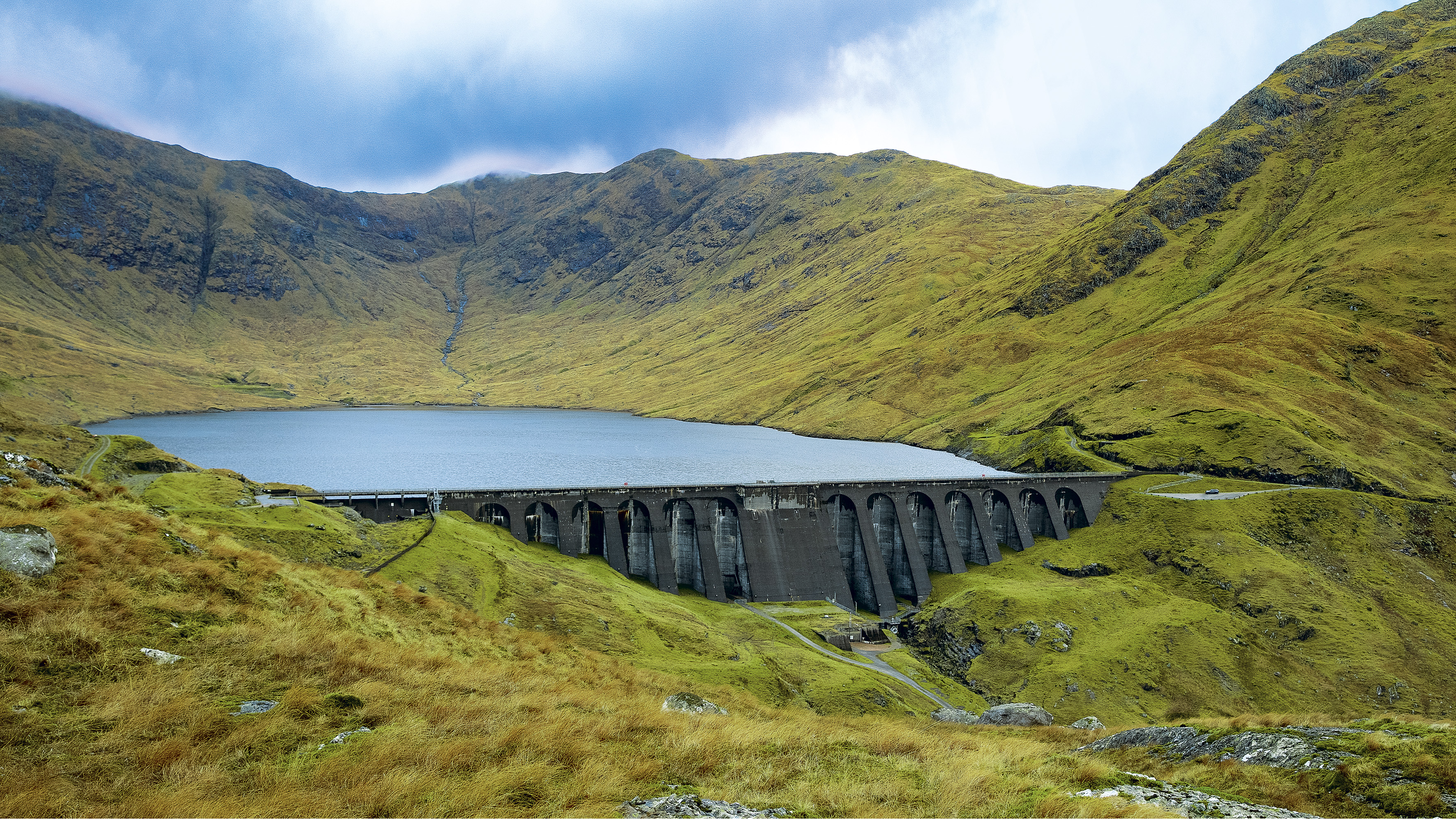
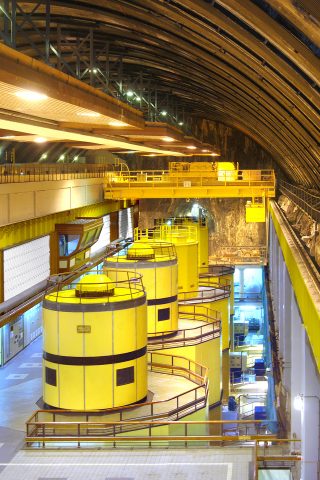 Drax Group has launched the free online resource for students to use from the comfort of their own homes as part of its efforts to support its communities during the lockdown.
Drax Group has launched the free online resource for students to use from the comfort of their own homes as part of its efforts to support its communities during the lockdown.